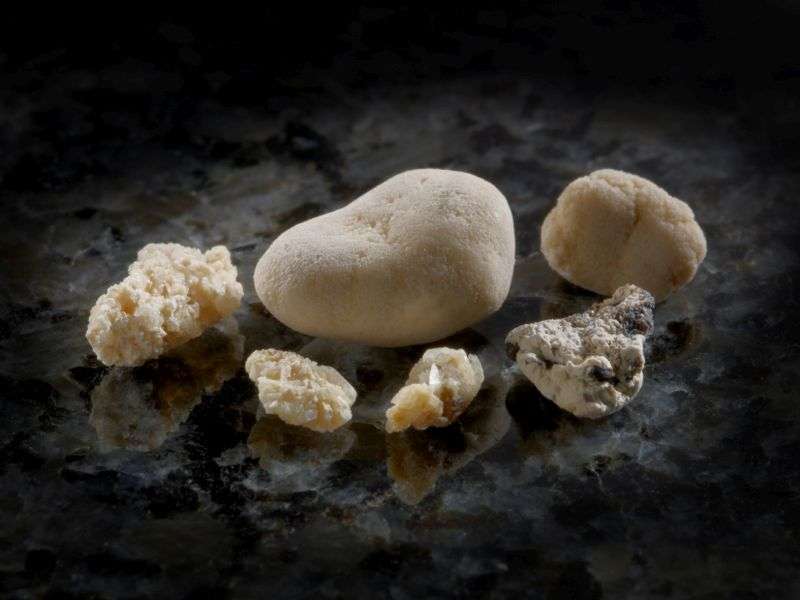(HealthDay)—There is no statistically significant correlation between typical vitamin D intake and incident kidney stones, according to a study published in the February issue of The Journal of Urology.
Pietro Manuel Ferraro, M.D., Ph.D., from Catholic University of the Sacred Heart in Rome, and colleagues conducted a prospective analysis of 193,551 participants in the Health Professionals Follow-up Study (HPFS) and Nurses' Health Study (NHS) I and II to examine the correlation between vitamin D intake and risk of incident kidney stones. Participants were categorized according to total and supplemental vitamin D intake.
There were 6,576 incident kidney stone events during a follow-up of 3,316,846 person-years. The researchers found that there was no statistically significant correlation between vitamin D intake and risk of stones in the HPFS (hazard ratio for 1,000 or more versus less than 100 IU per day, 1.08; 95 percent confidence interval, 0.8 to 1.47; P for trend = 0.92) and the NHS I (hazard ratio, 0.99; 95 percent confidence interval, 0.73 to 1.35; P for trend = 0.70), while there was a suggestion of higher risk in the NHS II (hazard ratio, 1.18; 95 percent confidence interval, 0.94 to 1.48; P for trend = 0.02) after multivariate adjustment. For supplemental vitamin D intake, the results were similar.
"Vitamin D intake in typical amounts was not statistically associated with risk of kidney stone formation, although higher risk with higher doses than those studied here cannot be excluded," the authors write.
One author disclosed financial ties to Allena Pharmaceuticals and UpToDate.
More information:
Full Text (subscription or payment may be required)
Editorial (subscription or payment may be required)
Journal information: Journal of Urology
Copyright © 2017 HealthDay. All rights reserved.























